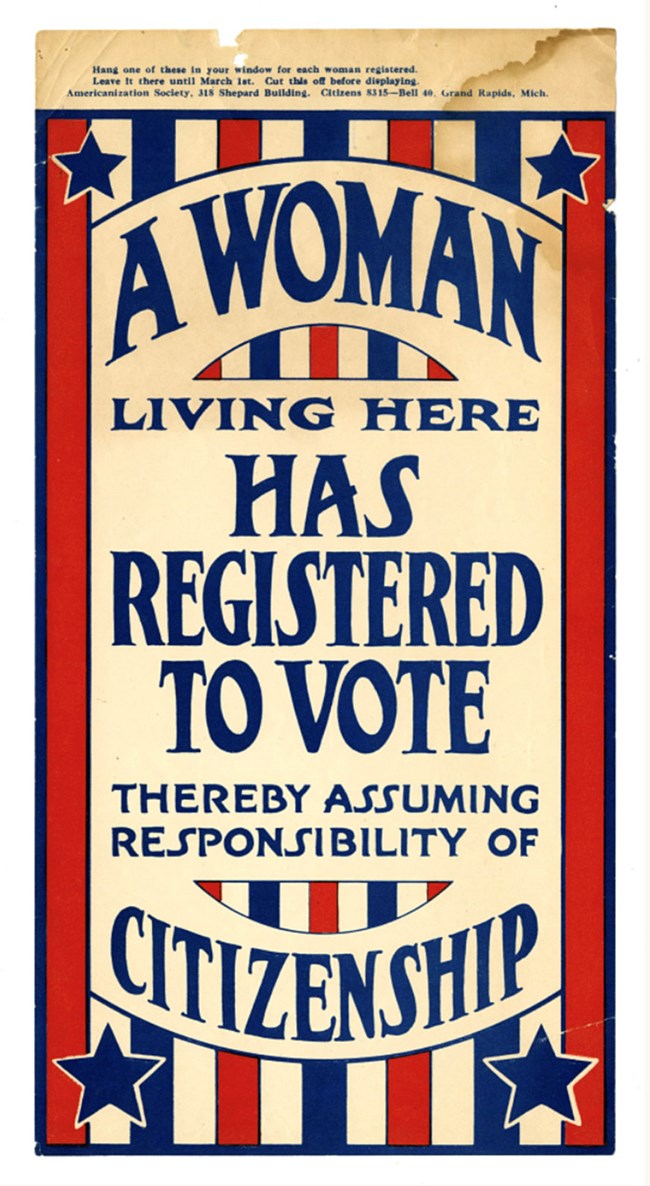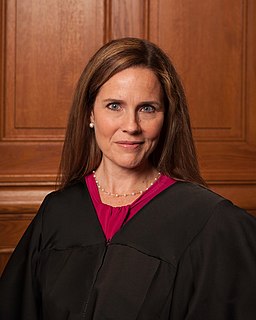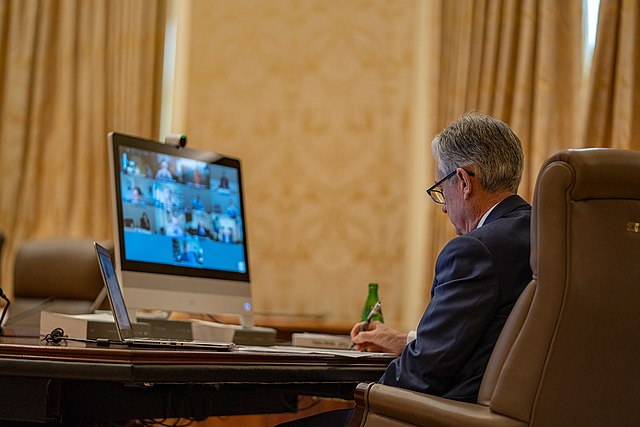Issues
Jo Freeman: There’s Plenty To Do at the RNC – If You Have the Right Credentials
by Jo Freeman
Every national nominating convention has plenty of auxiliary events, some authorized, some not. Getting space can be a challenge; getting the word out even more so. But they do it nonetheless. Press were given a RNC 2024 Master Event Calendar, which was updated a few days later. Events began on Sunday and ended on Thursday. The actual convention sessions were just one item on the list. The calendar said if an event was Open or Closed to press, and also whom to contact to register. I’m going to describe some of the events, including a couple I went to, and a couple I was turned away from.
Since my focus is on women, I obviously wanted to go to those events – if I could.
The National Federation of Republican Women is the largest grassroots Republican women's organization in the country with hundreds of clubs. Founded in 1938, its members made the phone calls and knocked on the doors that elected Republican candidates for decades. It’s Tuesday luncheon featured Arkansas Governor Sarah Sanders. The Master Calendar said it was SOLD OUT and they wouldn’t let me in. I was able to get into their lounge at the Fiserv Forum Wednesday evening, where I was repeatedly asked if I was a member, and if not, would I join. “I’m press,” I said. “I can’t join anything partisan.” I then said: “What brings you here?” On hearing that, finding anyone willing to chat with me was like pulling teeth.
Moms for Liberty met in a concert hall that afternoon. I had pre-registered, and I got in. From high in a balcony seat I listened to several people talk about the evils of transgenderism. It’s webpage says WE BELIEVE Power Belongs to the People. Sound Familiar? With a focus is on parental rights, it wants to “STOP WOKE indoctrination.”
Tuesday I went to “The New Mavericks” reception co-hosted by the Black Republican Mayors Association and the Georgia Republican Party. They honored Sen. Tim Scott, four Congressmen and two Georgia delegates – all male. There was only one mayor on stage, from Aurora, IL. The chair of the Georgia Republican Party was the one white man on the stage. At that event, women served; they didn’t speak. The RNC reported that 55 delegates to the 2024 convention are Black, up from 18 in 2016.
I missed the Independent Women’s Forum toast to “Women Who Make Our Country Great” because I went to Convention Fest: The Official Delegate Experience, which was held in the streets outside the Fiserve Forum and Baird Hall as well as some space inside Baird. To get to that one you not only needed a credential of some sort, but a USSS pass (which I have).
Concerned Women for America parked its pink bus across from the Baird Center the week before the RNC. No one was home. When Convention Fest opened on Tuesday afternoon, they set up a pink tent, from which its leaders preached to whomever passed by. It calls itself “the nation’s largest public policy women’s organization” but its focus is evangelical Christian. The slogan on the side of its pink bus captures this emphasis: “She Prays, She Votes.” A prayer precedes each sermon.
 Jill Norgren Writes: Did Women in the US Campaign for Elective Office Fully Invested in the Prospect of Winning? “I cannot vote, but I can be voted for”
Jill Norgren Writes: Did Women in the US Campaign for Elective Office Fully Invested in the Prospect of Winning? “I cannot vote, but I can be voted for”
Jill Norgren writes: I have galloped through this history. I want to end by suggesting how women running for elective office relates to the woman suffrage we celebrate this year. Suffrage is an important, but partial, expression of women’s political and legal citizenship. We must see the suffrage movement as part of something larger ... as intertwined with the temperance movement, the decades-long demands for married women’s property rights which included the right to make contracts and act on behalf of others, the Populist and Socialist movements and, of course, the right to run for elective office, an act Congressman John Lewis would have called “making good trouble.” more »
 Judiciary Committee Hearings on Supreme Court Nominee, Amy Coney Barrett; Unlike most other congressional documents, hearings are not available from the Senate or House Document Rooms
Judiciary Committee Hearings on Supreme Court Nominee, Amy Coney Barrett; Unlike most other congressional documents, hearings are not available from the Senate or House Document Rooms
How are Supreme Court Justices selected? The President nominates someone for a vacancy on the Court and the Senate votes to confirm the nominee, which requires a simple majority. In this way, both the Executive and Legislative Branches of the federal government have a voice in the composition of the Supreme Court. Published hearing transcripts contain all witness testimony, the question-and-answer portion of the hearing, and any other material requested of the witness by the committee. It may take several months, or even years, for a hearing to be published. Unlike most other congressional documents, hearings are not available from the Senate or House Document Rooms. more »
 The Electoral College: How America Chooses Its President; They’re Really Voting for the Slate of Electors Put Forward by the Political Party their Candidate Belongs To
The Electoral College: How America Chooses Its President; They’re Really Voting for the Slate of Electors Put Forward by the Political Party their Candidate Belongs To
Thirty-two states require that their electoral votes go to the candidate who wins the statewide popular vote. Electors who snub the popular preference face fines or criminal charges in a few states. Electors typically vote for president at their state capitol roughly a month after Election Day. Individual secretary of state offices can answer questions about whether voting by presidential electors is open to the public. Maine and Nebraska are exceptions to the winner-take-all-electors rule. Those states have what’s called a “district system.” Two electoral votes go to the statewide popular vote winner. Then there’s one electoral vote for each congressional district, appointed based on the vote winner within the district. more »
 Chair Jerome H. Powell: A Current Assessment of the Response to the Economic Fallout of this Historic Event
Chair Jerome H. Powell: A Current Assessment of the Response to the Economic Fallout of this Historic Event
Payrolls have now recovered roughly half of the 22 million decline. After rising to 14.7 percent in April, the unemployment rate is back to 7.9 percent ... A broader measure that better captures current labor market conditions — by adjusting for mistaken characterizations of job status, and for the decline in labor force participation since February — is running around 11 percent...The initial job losses fell most heavily on lower-wage workers in service industries facing the public — job categories in which minorities and women are overrepresented... Combined with the disproportionate effects of COVID on communities of color, and the overwhelming burden of childcare during quarantine and distance learning, which has fallen mostly on women, the pandemic is further widening divides in wealth and economic mobility. more »






